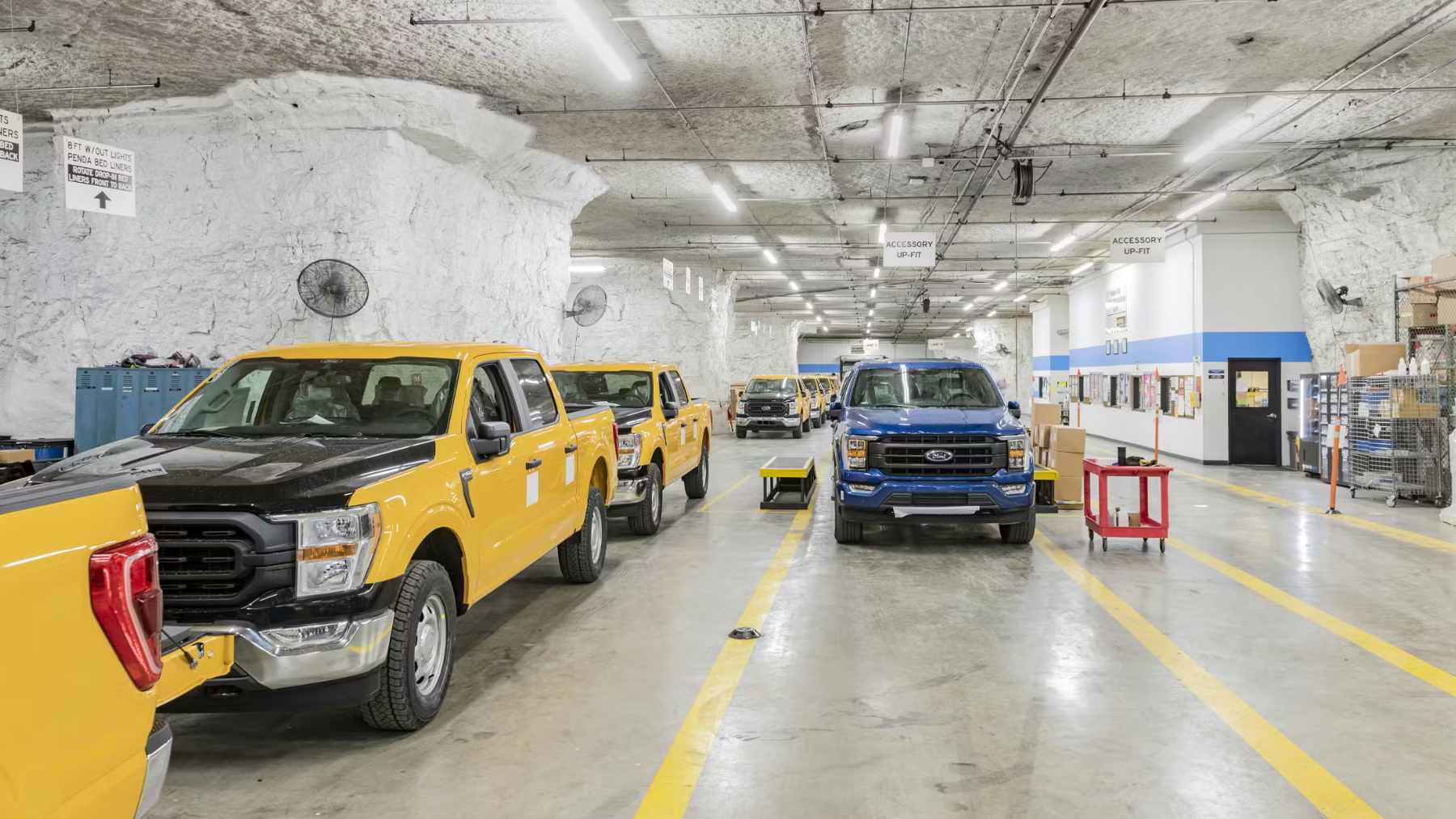The electric engine has long taken center stage in terms of the most popular alternative engine solution amidst concerns for a more climate-conscious world, but Toyota has other plans. While pioneers such as American electrical vehicle developer Tesla have pushed the passenger vehicle industry towards implementation of more sustainable engine solutions, other automobile developers have taken a different direction– looking at a variety of ways to reach carbon-neutrality.
Toyota continues to rise in innovation
Japanese automobile developer Toyota has continued to make its mark in the alternative engine world by showcasing a commitment to sustainability through its wide selection of alternative engine offerings. To date, the company offers the following alternative engine solutions to consumers:
- Full electric technology
- Plug-in hybrid electric vehicles
- Hydrogen fuel-cell technology
- Hybrid electrical vehicles
These models all form part of Toyota’s Beyond Zero Vision mission- their operation to achieve carbon neutrality at every stage of production. While Toyota has not neglected electric engine technology, the company has really soared when it comes to pioneering hydrogen fuel-cell technology. Since the release of the Toyota Mirai, the company has continued to advance and push this technology in order to diversify what the automobile world has to offer for paving the road towards sustainability.
“[The Mirai]— and the millions of miles they’ve traversed in the ensuing decade — were only the start. Now, Toyota has shown that there are other use applications and cases to be found with the versatility and scalability of fuel cells,” described Toyota in a press release
How Toyota is rethinking the hydrogen dream
Toyota is not just looking at hydrogen fuel-cell technology as a single alternative vehicle offering. The company has bold visions of creating a hydrogen-powered society in order to ensure a carbon-neutral business and world. This year, the company presented at the 2025 Hydrogen and Fuel Cell Seminar hosted in Long Beach, California to showcase their plan to grow collaborative connections among industry leaders and advocates who are dedicated to promoting hydrogen as a sustainable energy solution.
“We are collaborating with companies that would traditionally have been our competition to develop standards for hydrogen fueling connections and protocols, recognizing that an industry standard was of greater benefit than our own competitive advantage,” said Jay Sackett, Toyota’s chief engineer of advanced mobility, according to a Toyota press release.
This collaborative approach from Toyota offers a unique but essential method that the company has set its sights on. By pooling resources and expertise, the automobile powerhouse is prioritizing advancing carbon-neutral solutions instead of working independently in order to exert dominance. This year alone, Toyota announced that it would be working with German automaker BMW in order to help BMW put its first hydrogen-powered vehicle on the road by 2028.
New engines announced by Toyota this year
On top of their hydrogen projects and collaborations, Toyota also recently announced that they are working on a new four-cylinder engine, which is expected to have a 1.5- and 2.0-liter displacement. The new engine will primarily be used for their electrification projects; however, the technology is still set to be implemented in their internal combustion engine technology. The engine is rumored to have a horsepower output of 400hp.
As Toyota continues to rise in terms of its technological developments, the company is increasingly becoming a leader and beacon of hope for the entire automobile world on how to drive sustainable action without sacrificing performance, design, or capability. Sustainable solutions do not need to be something to be dreaded; rather, they must be embraced and celebrated for their showcase of human engineering innovation, which refuses to be limited or constrained by doubt.
Disclaimer: Our coverage of events affecting companies is purely informative and descriptive. Under no circumstances does it seek to promote an opinion or create a trend, nor can it be taken as investment advice or a recommendation of any kind.














